OpenAI Launches ChatGPT Gov to Revolutionize Government AI
Explore how OpenAI's ChatGPT Gov revolutionizes U.S. government operations by boosting efficiency, security, and productivity with advanced AI capabilities.
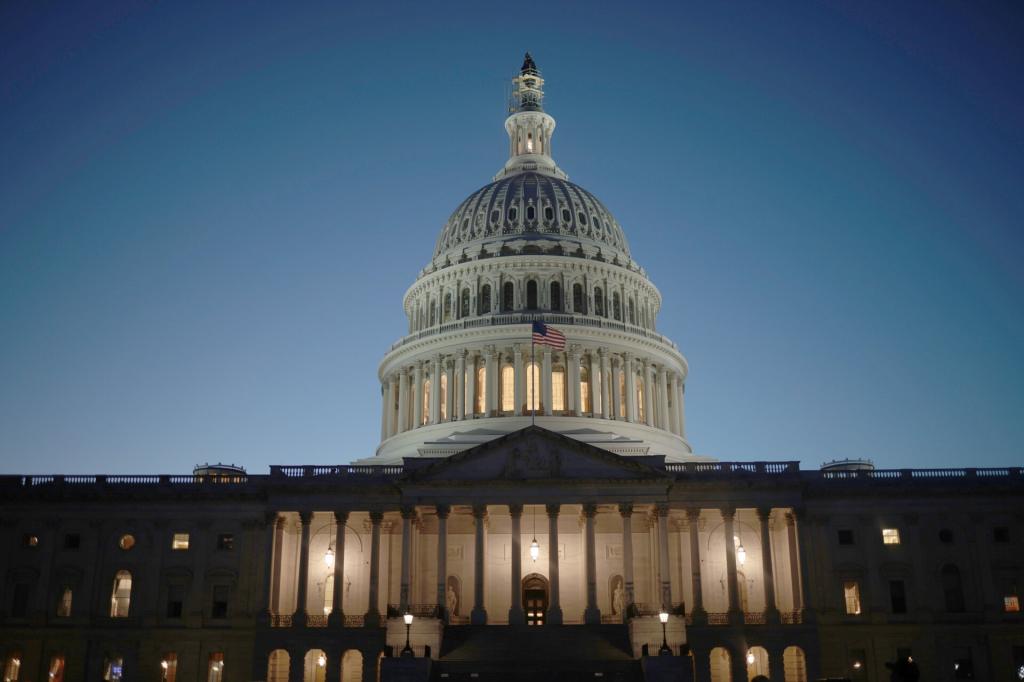
Key Points
- OpenAI
's
ChatGPTGov enhances U.S. government efficiency by securely integrating advanced AI capabilities within
Microsoft Azureenvironments.
- The platform allows agencies to manage sensitive data while bolstering security, privacy, and compliance protocols.
- ChatGPT Gov empowers over 90,000 users across various government agencies to streamline operations and improve public service delivery.
In an era where artificial intelligence (AI) is redefining industries, OpenAI has taken a significant step by introducing ChatGPT Gov, a tailored version of its flagship product specifically designed for U.S. government agencies. This initiative promises to enhance operational efficiency, bolster security measures, and provide a modernized means for handling sensitive information. But what exactly does this mean for the public sector? Let’s delve deeper and explore the implications of this innovative release.
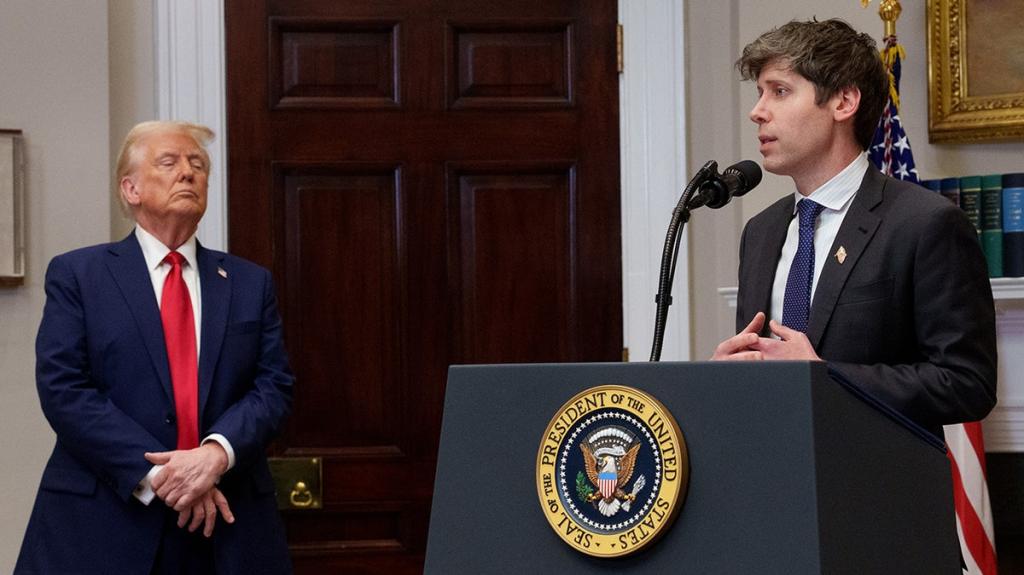
Understanding ChatGPT Gov
ChatGPT Gov is not merely a rebranding of OpenAI's existing tools; it is a robust platform that allows government agencies to operate within a secure environment using Microsoft Azure’s commercial and government cloud. This ensures that agencies can manage their security, privacy, and compliance requirements effectively while integrating AI into their workflows. OpenAI states that since 2024, over 90,000 users across more than 3,500 agencies have engaged with ChatGPT, processing over 18 million messages to support their operations. With the adoption of ChatGPT Gov, the potential for enhanced productivity is immense.
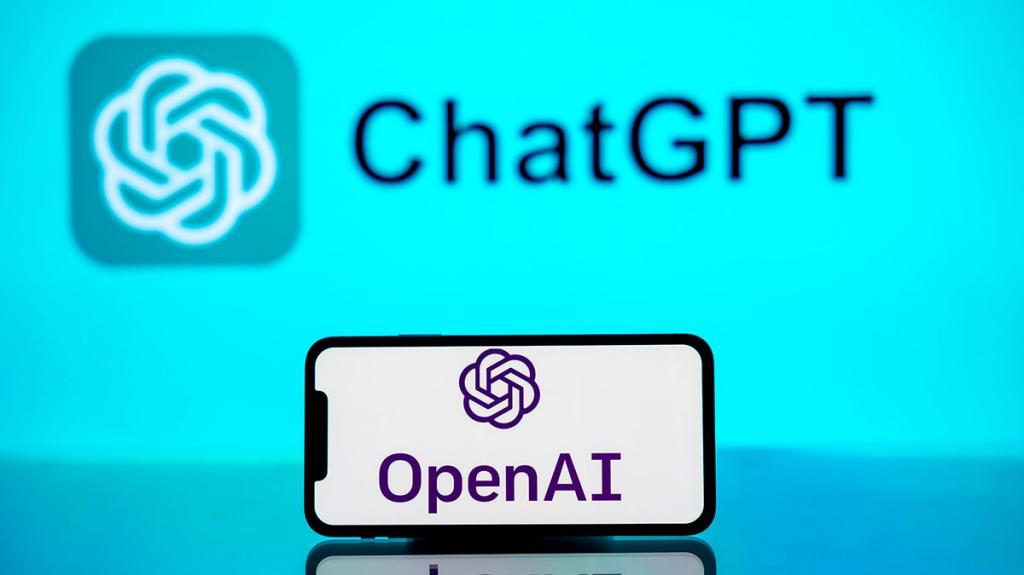
Features and Capabilities
The features offered by ChatGPT Gov closely mirror those found in the commercial version, ChatGPT Enterprise. This includes access to OpenAI's advanced models, such as GPT-4o, which specializes in tasks like summarization, coding, and even image interpretation. By allowing agencies to run these sophisticated models on their terms, OpenAI empowers them to maintain higher control over their data management and security processes.
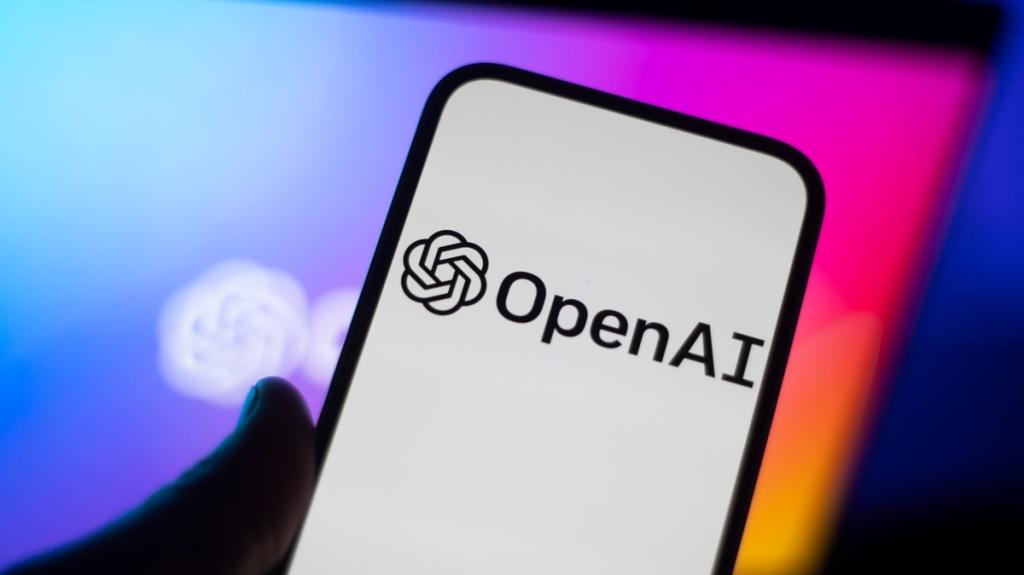
These features are designed to meet the tailored needs of various government sectors, from public health to national security. For instance, agencies can utilize the model to analyze vast amounts of data efficiently, making informed decisions that align with public interests.
Adapting to Challenges
The introduction of ChatGPT Gov comes at a critical juncture. Techniques from competitors like China's DeepSeek have prompted U.S. tech firms to reassess their strategies in the AI landscape. With increasing scrutiny on data safety and regulatory compliance, ChatGPT Gov represents a proactive move to ensure that U.S. government capabilities remain resilient against foreign competition. By enhancing AI frameworks that are intrinsically aligned with American values and security, OpenAI aims to position itself as a robust ally to the government.

Looking Ahead
The implications of ChatGPT Gov extend beyond operational efficiency. OpenAI believes that its continued collaboration with the U.S. government is vital for ensuring that rapidly evolving AI technologies are understood by policymakers and effectively integrated into public service enhancements. This could lead to transformative changes in how government functions are managed and executed in the future.
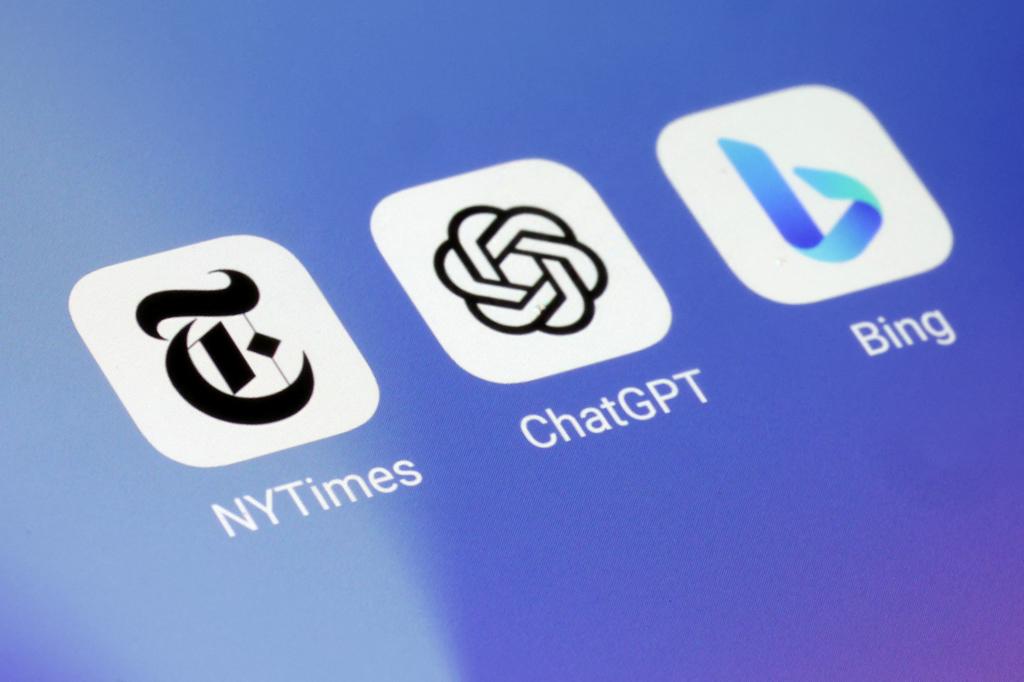
In summary, OpenAI's ChatGPT Gov represents a significant leap forward in the integration of AI within U.S. government operations. By providing agencies with the tools to securely harness advanced AI capabilities, OpenAI aims to enhance productivity, security, and efficiency across diverse sectors. As governments worldwide seek to keep pace with technological advancements, embracing such innovations could prove to be both timely and essential in securing a competitive edge on the global stage.


